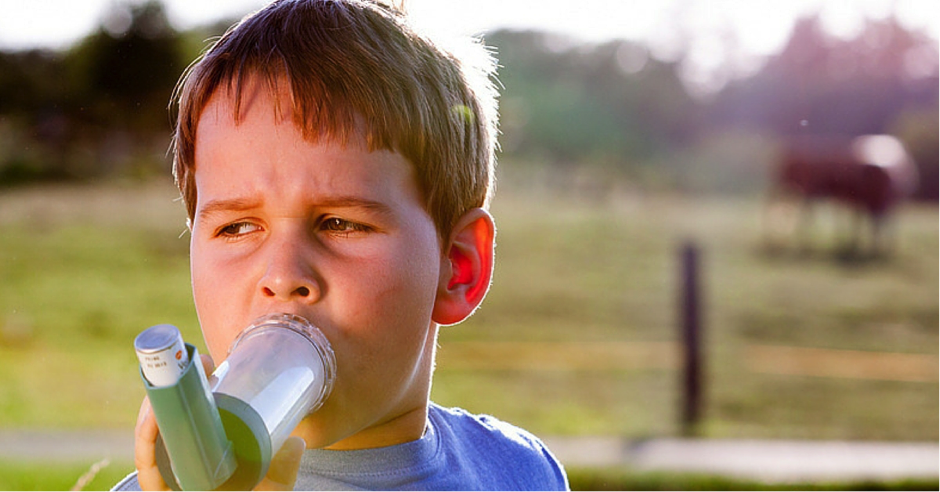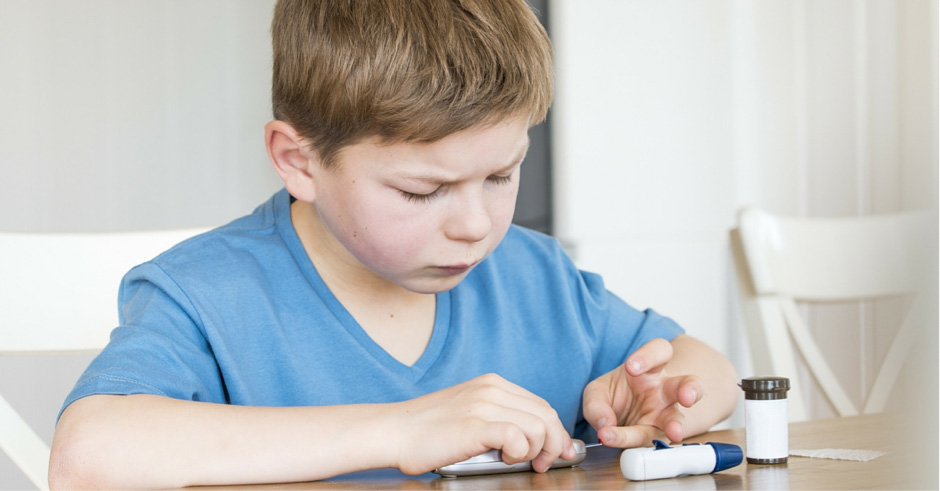Fever is a common symptom in children, and it can be a sign of a mild illness or a more serious condition. As a parent, it’s important to know how to manage your child’s fever and when to seek medical attention. This guide provides practical tips on how to care for your child when they have a fever, including when to use medication and when to call the doctor.
Understand what a fever is and what causes it.
A fever is a temporary increase in body temperature, usually caused by an infection or illness. It’s the body’s natural response to fight off infection and can be a sign that the immune system is working properly. Common causes of fever in children include viral infections, bacterial infections, and immunizations. It’s important to monitor your child’s fever and seek medical attention if it persists or is accompanied by other symptoms such as difficulty breathing or a rash.
Monitor your child’s temperature and symptoms
When your child has a fever, it’s important to monitor their temperature and symptoms closely. Use a thermometer to take their temperature regularly, and keep track of any changes. If your child’s fever is accompanied by other symptoms such as difficulty breathing, a rash, or severe pain, it’s important to seek medical attention right away. In general, if your child’s fever is over 38°C and lasts for more than a day or two, or if they are experiencing other symptoms, it’s a good idea to call your doctor.
Use medication appropriately and follow dosage instructions
When it comes to managing your child’s fever, medication can be a helpful tool. Panadol and Ibuprofen (Nurofen) can be used to reduce fever in children. It is important to use medication appropriately and follow dosage instructions carefully. Always read the label and use the measuring device provided to ensure you are giving your child the correct amount. Avoid giving your child aspirin, as it has been linked to a rare but serious condition called Reye’s syndrome. If you have any questions or concerns about using medication to manage your child’s fever, consult with your doctor or pharmacist.
Keep your child hydrated and comfortable
In addition to using medication, it’s important to keep your child hydrated and comfortable while they have a fever. Offer plenty of fluids, such as water to prevent dehydration. Dress your child in lightweight clothing and keep the room at a comfortable temperature.
Know when to seek medical attention
While most fevers in children are not serious and can be managed at home, there are certain situations where you should seek medical attention. If your child is under 3 months old and has a fever of 38°C or higher, or if they are between 3 and 6 months old and have a fever of 38.3°C or higher, you should call their doctor right away. You should also seek medical attention if your child has a fever that lasts longer than 3 days, is accompanied by a rash, difficulty breathing, or other concerning symptoms. Trust your instincts as a parent and seek medical attention if you are worried about your child’s fever.



